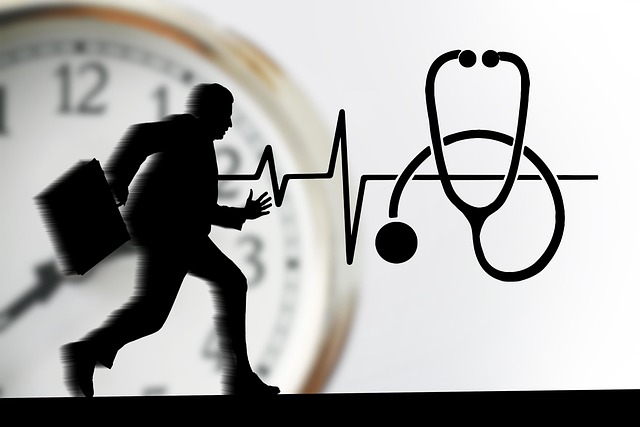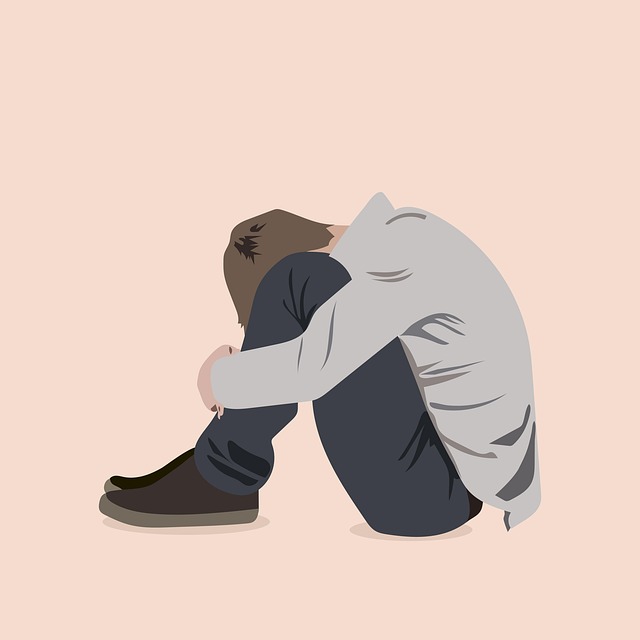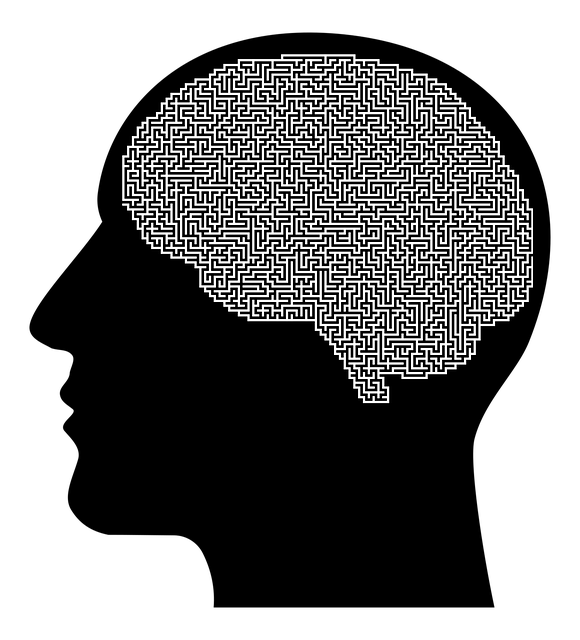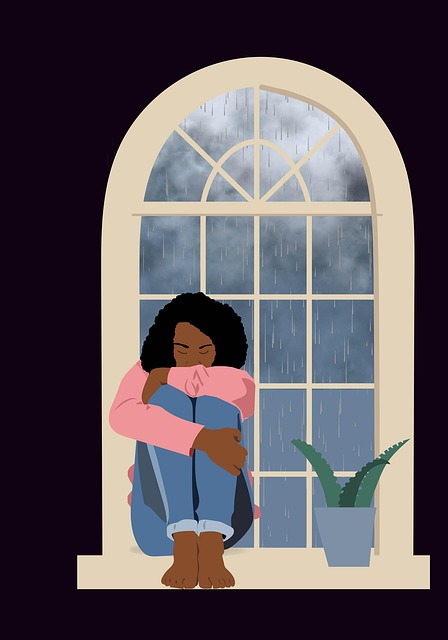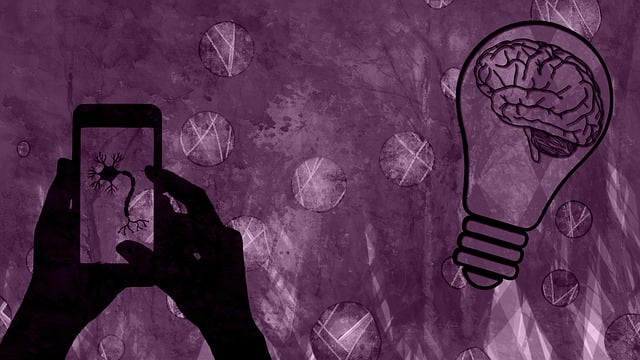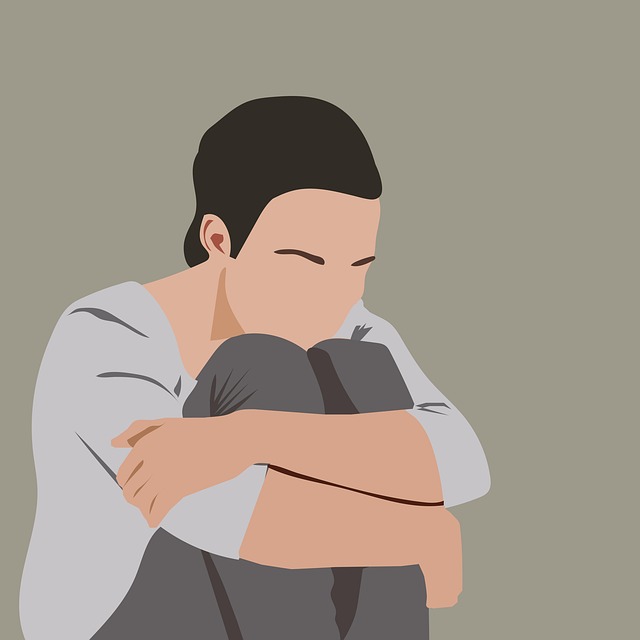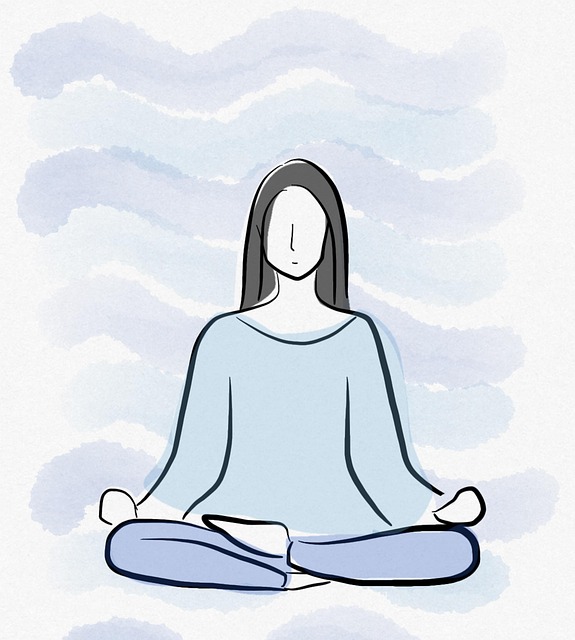Mental wellness is crucial for elders, influenced by life experiences, physical health, and social connections. Early intervention through tailored therapy, including couples counseling, addresses loneliness, grief, and life adjustments, empowering individuals to take charge of their mental well-being. Journaling, a powerful tool for both cognitive support and counseling, promotes self-awareness, reflection, emotional expression, and improved communication. Incorporating elements from couples counseling enhances journaling's therapeutic value, encouraging exploration of emotions, patterns, and beliefs, leading to improved mental wellness and progress tracking.
Mental wellness journaling offers a powerful tool for elders seeking improved cognitive health and overall well-being. This article guides you through understanding the profound impact of mental wellness on older adults, highlighting its influence on daily life and relationships. We explore the numerous benefits of journaling, from enhancing cognitive function to serving as an effective therapy aid. Learn how to establish a personalized journaling practice incorporating couples counseling techniques for deeper insight, and discover methods to track progress and celebrate milestones along your journey.
- Understanding Mental Wellness and Its Impact on Elders
- The Benefits of Journaling for Cognitive Health
- Setting Up a Journaling Practice for Effective Therapy
- Incorporating Couples Counseling Techniques into Journaling
- Tracking Progress and Celebrating Milestones in the Journey
Understanding Mental Wellness and Its Impact on Elders

Mental wellness is a vital aspect of overall well-being, especially as individuals age. For elders, maintaining mental health can be a unique journey, often influenced by various factors such as life experiences, physical health, and social connections. Understanding the importance of mental wellness in this demographic is crucial, as it can significantly impact their quality of life and daily functioning.
The impact of poor mental health on elders can manifest in numerous ways. It may lead to increased anxiety, depression, and even cognitive decline. Recognizing the signs and symptoms is essential for early intervention. Therapy for elders, including couples counseling, plays a pivotal role in addressing these issues. By utilizing evidence-based practices tailored to their needs, mental health professionals can help them navigate through challenges related to aging, such as loneliness, grief, or adjustment to life changes. Fostering self-esteem improvement and employing the mind over matter principles can empower elders to take control of their mental wellness, ensuring a more fulfilling and healthy later life.
The Benefits of Journaling for Cognitive Health

Journaling is an incredibly powerful tool for enhancing cognitive health and mental wellness, particularly for older adults or those seeking couples counseling. By putting pen to paper, individuals can engage in a practice that promotes self-awareness exercises, allowing them to reflect on their thoughts, emotions, and experiences. This process facilitates the identification of patterns, triggers, and potential risk factors associated with mental health issues. Through regular journaling, one can develop a deeper understanding of themselves, leading to improved coping mechanisms and better stress management.
The act of documenting personal narratives also serves as a form of therapy, providing an outlet for processing complex feelings and memories. For couples in counseling, shared journaling can foster open communication, enabling both partners to express their perspectives and work through challenges together. Moreover, the practice can enhance relationship dynamics by creating a safe space for vulnerability and emotional intimacy, which is essential for effective couples counseling and building resilient relationships.
Setting Up a Journaling Practice for Effective Therapy

Journaling can be a powerful tool for individuals seeking therapy, especially elders and couples in counseling. Setting up a consistent journaling practice offers a safe space for self-reflection and emotional expression. It allows them to explore thoughts and feelings privately, which is essential for processing trauma or managing long-term mental health concerns. By dedicating just a few minutes each day to writing, individuals can gain valuable insights and develop better communication strategies, both of which are crucial aspects of successful therapy.
This practice promotes self-care and burnout prevention, enabling people to connect with their emotions and understand their triggers. Effective journaling also facilitates improved relationships in couples counseling, fostering open dialogue and strengthening bonds. Incorporating this simple yet profound habit into therapeutic routines can enhance traditional talk therapies and encourage individuals to take an active role in their mental health, even beyond the counseling setting, contributing to a more holistic Mental Health Policy Analysis and Advocacy approach.
Incorporating Couples Counseling Techniques into Journaling

Incorporating elements from Couples Counseling into your mental wellness journaling can significantly enhance its therapeutic effects, especially for elders seeking to boost their confidence and engage in effective self-care practices. Techniques such as active listening, open-ended questions, and reframing negative thoughts can be adapted for introspective writing exercises. By mirroring the back-and-forth nature of counseling sessions, your journaling practice becomes a safe space for exploring complex emotions and fostering personal growth.
This approach encourages you to delve into your feelings, analyze recurring patterns, and challenge self-limiting beliefs, much like in therapy sessions. For instance, reflecting on past experiences through journaling prompts can help uncover underlying issues and provide new perspectives, ultimately contributing to improved mental wellness. This strategy is particularly beneficial for elders as it promotes mindfulness, encourages healthy communication with oneself, and strengthens coping mechanisms.
Tracking Progress and Celebrating Milestones in the Journey

Tracking your progress is a vital part of any mental wellness journey. Journaling provides a safe and private space to reflect on your experiences, challenges, and achievements. As you consistently record your thoughts and emotions, patterns may emerge, helping you identify areas of improvement and celebrate small victories. For instance, if you’ve been working on managing stress through therapy for elders or couples counseling, note down specific techniques that prove effective in reducing anxiety. This process allows you to set realistic goals and adapt your strategies accordingly, fostering a sense of accomplishment as you overcome obstacles.
Milestones are significant checkpoints that deserve recognition. Whether it’s completing a challenging therapy session, successfully implementing self-care practices, or taking courageous steps towards recovery, acknowledge these achievements. Journaling can serve as a tangible reminder of your progress, encouraging continuity and motivation. Moreover, reflecting on past challenges and the strategies employed to overcome them can enhance resilience, acting as a risk management planning tool for mental health professionals and individuals alike.
Mental wellness journaling can be a powerful tool for elders seeking to enhance their cognitive health and overall well-being. By combining the benefits of self-reflection with the therapeutic aspects of couples counseling techniques, this simple practice can significantly contribute to an elder’s mental health journey. Through structured journaling, individuals can track their progress, celebrate milestones, and gain valuable insights into their thoughts and emotions. Whether practiced alone or with a partner, mental wellness journaling offers a personalized approach to therapy, fostering better cognitive function and improved quality of life for elders in today’s digital era.



